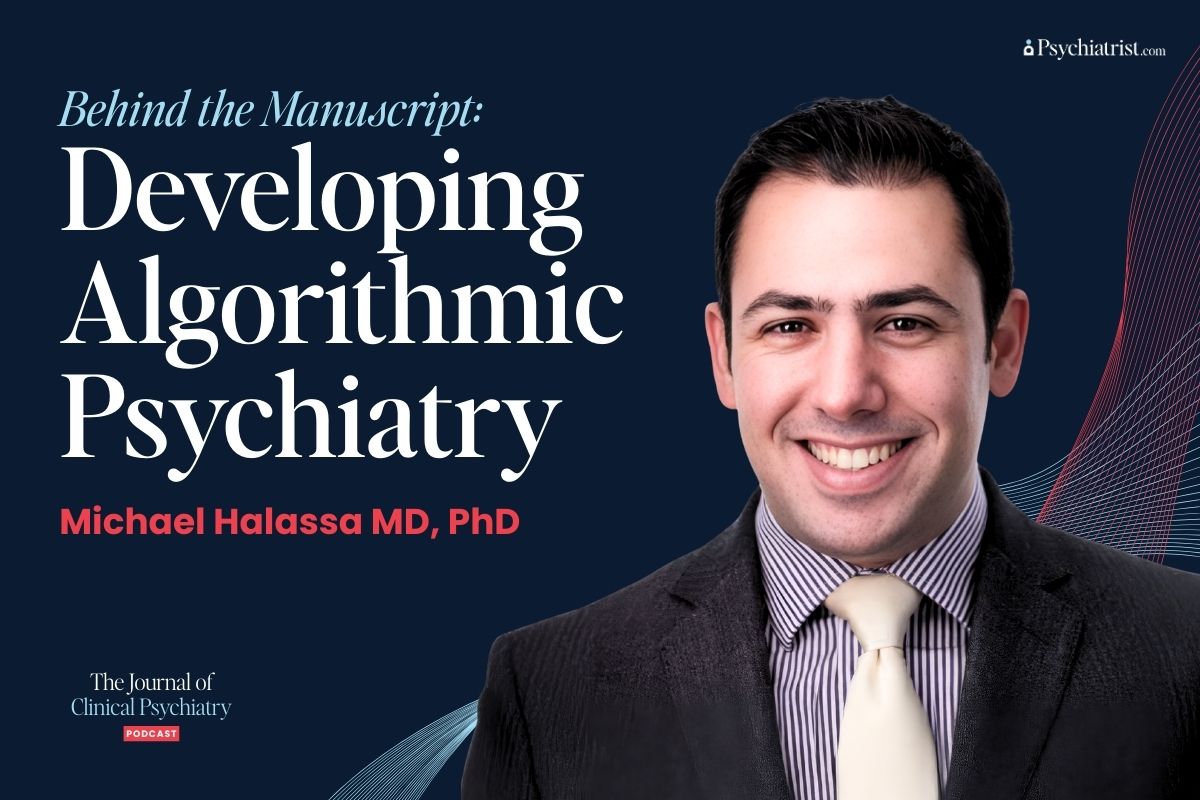See case report by Vaseel and Uvais and letter by Gorelick
To the Editor: We appreciate the thoughtful comments on our case report titled “Persistent Psychosis Induced by Cannabis Withdrawal.”1 We agree with the author’s proposition that the patient’s initial presentation might align with cannabis-induced psychosis with onset during withdrawal, as most of the DSM-5 criteria were met and given the relative frequency of this condition.2,3 However, we believe that the temporal association between the onset of psychotic symptoms and the cessation of cannabis use, that occurred in the context of withdrawal symptoms, demands consideration of a less common, yet plausible, diagnosis: cannabis withdrawal psychosis.4 While the presented case highlights irritability and diminished sleep as primary withdrawal symptoms, it is reasonable to infer the presence of significant anxiety, especially in the context of paranoid delusion, a common feature of cannabis withdrawal, which appears to have been omitted from the initial report, which is an oversight on our part. The emergence of psychosis amidst withdrawal symptoms points towards the intriguing possibility of cannabis withdrawal psychosis, a phenomenon that remains relatively less studied.
We agree that the persistence of psychosis for more than 2 months in a case of cannabis withdrawal psychosis is unusual compared to previously reported cases.2,4 However, the absence of past reports documenting such persistent psychosis specifically within a cannabis withdrawal state underscores the uniqueness of this case, potentially attributable to delayed treatment initiation as the patient was working abroad. Moreover, swift resolution of psychotic symptoms with a relatively low dose of antipsychotic medication within 2 weeks also aligns with previous observations in patients with cannabis withdrawal psychosis.2,4
Follow-up data on this patient provide additional context. Our institutional records also revealed his return to functionality and employment in the Gulf region following recovery from the psychotic episode. He subsequently presented to our hospital with another psychotic episode linked to methylenedioxy methamphetamine (MDMA) use, which introduces further complexity in this case. The swift and complete recovery achieved with low-dose antipsychotics, along with the patient’s sustained functionality until the MDMA-precipitated psychotic episode, potentially argues against the presence of an independent psychotic disorder, rather the patient’s vulnerability to psychosis may be intricately linked to substance use.
The challenges of differentiating cannabis-induced psychosis from withdrawal psychosis based solely on clinical characteristics are significant, especially in the absence of a comprehensive knowledge about the pathophysiologic mechanisms underlying both these clinical syndromes and the absence of biomarkers. It demands a nuanced approach that considers the temporal relationship between cannabis use and psychotic symptom onset, the specific constellation of withdrawal symptoms, and the longitudinal clinical course.
Finally, given our limited understanding and the clinical overlap between these conditions, it may be worth considering whether cannabis withdrawal psychosis could be conceptualized as a component of a broader spectrum of cannabis-induced psychotic disorders. This concept certainly merits further exploration in future research.
In conclusion, while we agree that “cannabis-induced psychotic disorder with onset during withdrawal” may be a more accurate diagnosis based on DSM-5 criteria, we believe this case highlights the need for a more nuanced understanding of cannabis related psychotic phenomena. We thank the author for the insightful comments, which have contributed to an important discussion on this complex, less explored, topic.
Article Information
Published Online: March 13, 2025. https://doi.org/10.4088/PCC.25lr03933a
© 2025 Physicians Postgraduate Press, Inc.
Prim Care Companion CNS Disord 2025;27(2):25lr03933a
To Cite: Vaseel M, Uvais NA. Cannabis withdrawal psychosis: a rare phenomenon or part of the spectrum? Reply to Gorelick. Prim Care Companion CNS Disord 2025;27(2):25lr03933a
Author Affiliations: Department of Psychiatry, Iqraa International Hospital and Research Centre, Calicut, Kerala, India (all authors).
Corresponding Author: N. A. Uvais, MBBS, DPM, Department of Psychiatry, Iqraa International Hospital and Research Centre, Malaparamba, Calicut, Kerala 673009, India ([email protected]).
Relevant Financial Relationships: None.
Funding/Support: None.
References (4)

- Vaseel M, Uvais NA. Persistent psychosis induced by cannabis withdrawal. Prim Care Companion CNS Disord. 2025;27(1):24cr03802. PubMed CrossRef
- Cohen J, Petitjean H, Blasco MB, et al. Cannabis induced psychotic disorder with onset during withdrawal: a brief report of emerging evidence. Acta Neuropsychiatr. 2024;36(5):325–329.
- American Psychiatric Association. Diagnostic and Statistical Manual of Mental Disorders, Fifth Edition, Text Revision. American Psychiatric Association Publishing; 2022.
- Chesney E, Reilly TJ, Scott F, et al. Psychosis associated with cannabis withdrawal: systematic review and case series. Br J Psychiatry. 2024:1–12. doi:10.1192/bjp.2024.175. CrossRef
Enjoy this premium PDF as part of your membership benefits!





